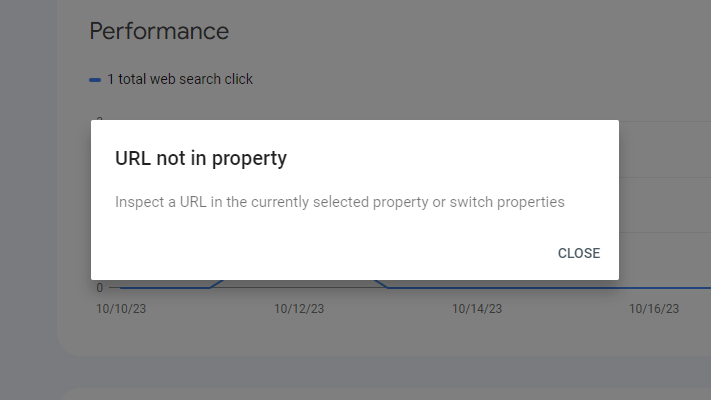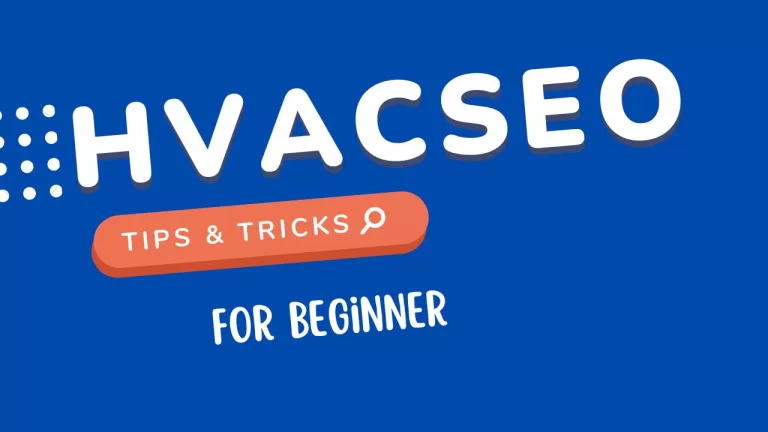Google Warns Against URLs with Double Slashes [Solved] – 2024
Have you ever come across URLs with double slashes, like "http://www.example.com/path//index.html," and wondered what causes this & whether it impacts your website's SEO? And the answer is big YES!
- If you want to learn Google's Warning first open this section.
- If you want to solve // issue for WordPress Website skip to this section.
In this article, we'll delve into the reasons behind double slashes in URLs, their potential consequences, and how to solve them for a smoother user experience and enhanced SEO.
What Causes Double Slashes in URLs?
Double slashes in URLs typically result from redirect rules or typos in web configurations. Let's break down a common scenario using a rewrite rule:
RewriteRule ^ (.*)$ http://www.example.com/path/$1 [R=301,L]In this example, if the variable $1 contains a slash (e.g., /filename.html), it can lead to a URL with double slashes:
http://www.example.com/path//filename.htmlWhy You Should Avoid URLs with Double Slashes
While a URL with double slashes is technically valid and functional, it can introduce several issues:
1. Duplicate Content Concerns:
Search engines may interpret URLs with single and double slashes differently, potentially causing duplicate content problems and impacting your site's ranking.
2. Broken Relative Links:
Relative links on your page might misbehave, pointing to URLs with double slashes instead of the intended single-slash URLs.
3. Crawling Challenges:
Search engines may respond inconsistently to double slashes, leading to indexing and ranking inconsistencies across different search engines.
Best Practices to Resolve URLs with Double Slashes
To enhance your website's SEO and user experience, follow these best practices:
1. Regular Expression Adjustment:
Modify your redirect rules using regular expressions to prevent the creation of double slashes. For instance, make the leading slash optional and not captured:
RewriteRule ^/? (.*)$ http://www.example.com/path/$1 [R=301,L]2. Use URL Checking Tools:
Employ tools like Sitebulb to scan your website for issues, including double slashes. These tools provide insights into your site's URL structure and help identify and fix problems.
3. Consistent URL Structure:
Ensure a consistent URL structure throughout your website to prevent the inadvertent creation of URLs with double slashes.
How to Remove Urls with Double Slashes from WordPress Website
Firstly, Check your configurations in WP Backend Settings->General, or maybe you've defined a path somewhere in your wp-config file

Method-1 | wp-config.php
Open WP-CONFIG.PHP and check if there are any extra slash (/) after your domain name
define('WP_HOME','http://domainname.com/');
define('WP_SITEURL','http://example.com/');If yes; then remove the end (/) from URL to
define('WP_HOME','http://domainname.com');
define('WP_SITEURL','http://example.com');This should fix the issue. Cheers.
Method-2 | functions.php
Add or Fix these two lines to your functions.php file.
update_option( 'siteurl', 'http://example.com' );
update_option( 'home', 'http://example.com' );
Note: Both settings should include the
http://part at beggining and should not have a slash"/"at the end.
SEO Update 2024: Google's Gary Illyes Warns Against Double Slashes in URLs
In a recent SEO update, Gary Illyes cautioned that some search engines may be confused by double slashes in URLs.
Google has previously advised against using double slashes, and Illyes emphasized that while pages may technically load with double slashes, certain search engines might encounter difficulties crawling such URLs.
It's noteworthy that Google may handle double slashes differently from other search engines.
Google might choose to ignore the double slash, treating it as a single slash, while other search engines, like Bing, may not follow the same approach.
This discrepancy in how search engines interpret double slashes could result in inconsistent indexing and ranking for your website.
To stay ahead of potential SEO pitfalls related to double slashes, it's crucial to be aware of these nuances. Regularly check your URLs for such issues, especially if your website caters to a diverse audience across various search engines.
For a detailed discussion on this matter, you can watch the QA session here, where Gary Illyes sheds light on the challenges associated with double slashes in URLs. Stay informed, keep your URLs clean, and ensure a seamless experience for both users and search engines.
Recent Posts




